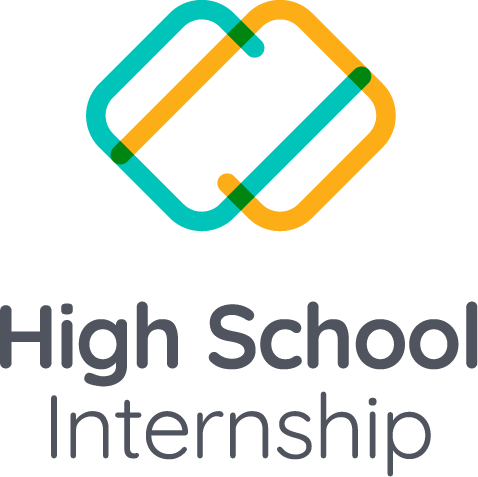As BSD students, we believe all students should master digital skills and apply them in many situations. That’s why we suggest teaching these skills across subjects, topics, and ages. Even if younger students can’t express it, technology is already second nature.
During the early years, the educational focus is less on cultivating particular technical skills and more about creating digital familiarity, developing ways of thinking (such as computational thinking and design thinking), and building a foundation for fluency. It is never too early for students to begin creating with digital tools and abilities.
The move to virtual teaching and learning this year is therefore a real opportunity for younger students to start this journey earlier as it has forced educators to introduce various technologies and digital skills from a very young age, which was not always the case.
In fact, children who are digital natives have grown up with a variety of technologies and digital media. However, prior to the advent of virtual learning, early childhood education did not necessarily match with children’s outside-of-school digital experiences.
Whilst many students had excellent experiences, the prevalence of technology and opportunities to learn digital skills were hugely variable and depended on a range of factors, which are nicely summarised by Kate Gilchrist in a blog for LSE: ‘teachers’ beliefs and attitudes towards the value of digital technology as part of learning was found to strongly relate to whether they used it or not in their teaching. Teachers lacked confidence and ability in using IT skills connected to the subject taught. There is also a lack of adequate training, professional development, and technical and administrative support for teachers. Many of the curriculums investigated also did not include any provision for developing digital literacy.’
As a result, when students learn more technical skills later in life, their proficiency levels can vary greatly.
Virtual teaching and learning, however, have shifted this. Educators had to overcome many of the above challenges to work with students now. Educators have had to find a way to digitize their curriculum, and with trial and error comes confidence and knowledge. Whilst teaching young children virtually has its challenges, this educational experience is positive for the development of children’s digital fluency and foundation.

